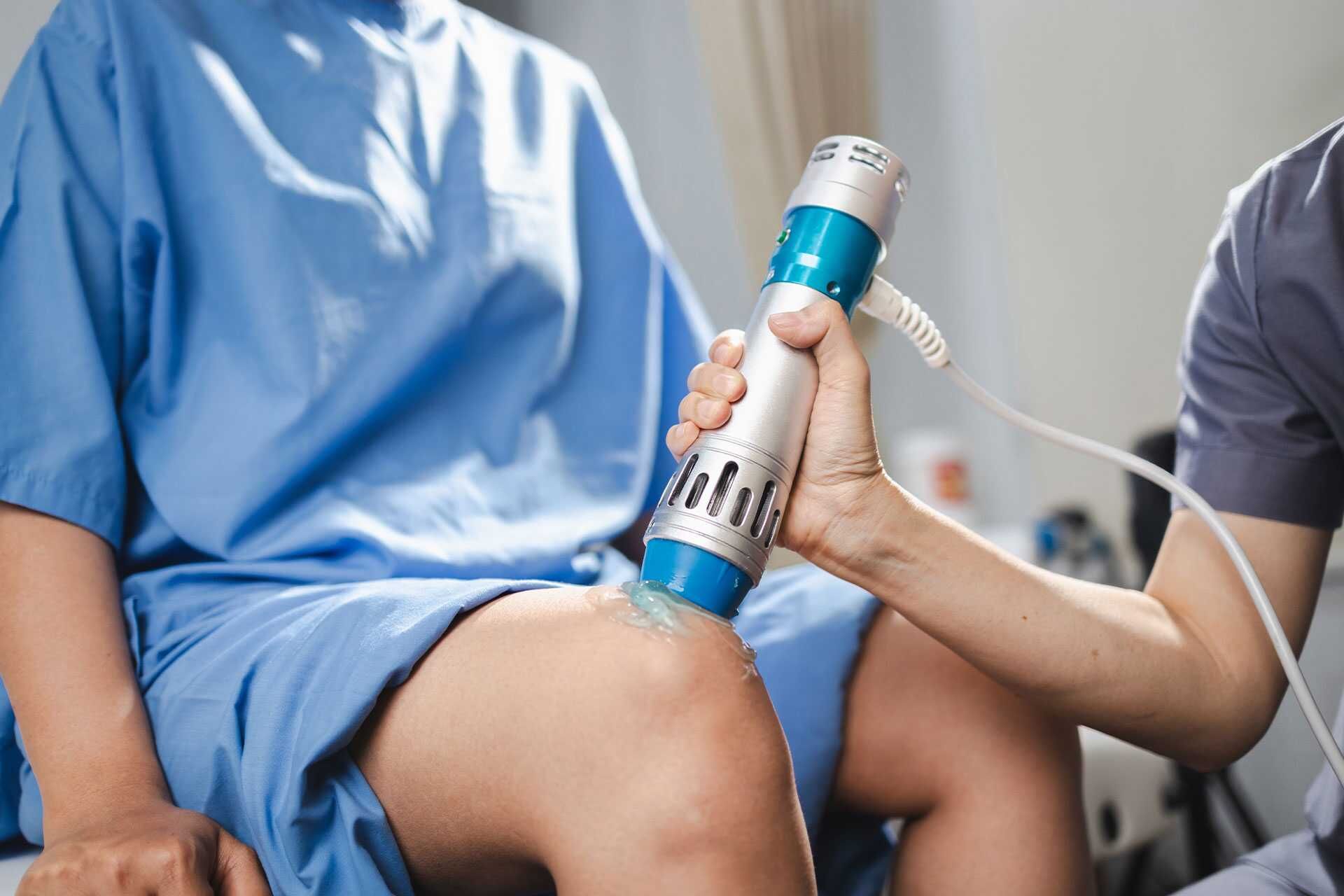The Importance of Early Intervention for TMJ Dysfunction
If you are dealing with TMJ dysfunction or pain, you know that it can be very difficult to do even simple things. If it hurts to bite, chew, or speak, this can be a serious hindrance in day-to-day life. The chronic pain caused by this disorder can make doing routine activities a struggle and this can hurt your mental health as well as your physical health. Dealing with pain is difficult emotionally and very tough for many people to cope with. The good news is that there are treatment options available.
What is TMJ Dysfunction and What are the Symptoms?
TMJ stands for temporomandibular joint. These joints are located just in front of your ears on both sides of your face. They connect your lower jaw to your skull and are important for moving your jaw up and down, such as when you are chewing or talking. TMJ dysfunction is a condition that occurs when the ligaments and muscles around your jaw become irritated or inflamed.
When repeated stress, an injury, an improper bite, teeth grinding, or another situation that puts pressure on your jaw, this can cause the muscles to become inflamed or irritated, leading to TMJ dysfunction. The condition can be very painful and can negatively affect your life.
TMJ dysfunction symptoms include:
- Pain in the area, especially when moving your jaw (such as while chewing, biting, or talking)
- Clicking or popping sounds when you open or close your mouth
- Situations where your jaw may become locked or stuck in an open or closed position
- Swelling
- Trouble chewing
- And more
The good news is that early intervention and treatment can help reduce the pain and prevent more serious problems from potentially developing in the future.
How Early Intervention Can Help Prevent More Serious Problems Down the Road
Treating TMJ dysfunction early can prevent chronic pain. If left untreated, TMJ can cause serious health problems, including inflammation and pain. It can even potentially lead to long-term disability.
Over time, TMJ dysfunction can worsen, and this can make it difficult to perform everyday tasks such as chewing, biting, and even speaking. By managing the condition early and taking treatment options, you can improve your quality of life.
If early intervention steps are taken, pain is reduced, and patients are better able to cope with the condition long term. There are many treatment options available and several different strategies for managing TMJ pain and potentially treating the disorder. The sooner you start to treat the condition, the more success you are likely to have.
Treatment Options
There are many different treatment options for TMJ. A medical professional may recommend one or more methods to help manage pain, relax facial muscles, reduce inflammation, and much more.
One of the first treatment options to consider is lifestyle changes. These include eating softer foods, avoiding opening your jaw too wide, correcting your posture, learning to avoid resting your chin in your hands or in other positions that put pressure on your jaw, and much more.
A physiotherapy treatment plan can also provide relief. This includes manual therapy designed to improve jaw movement, heat or ice therapy, postural correction, electrical stimulation, and much more. The goal of these therapies is to relax tight muscles and ease pain.
Results
With proper methods, TMJ pain relief and treatments can be quite successful for most people. How quickly you will see results and feel relief will depend on your situation and the issues you are experiencing. However, the sooner you seek treatment, the quicker you’ll start to feel relief.
The team at Delta Physiotherapy and Rehab is here to help relax your jaw, ease your pain, and improve jaw movement. We understand that each person is different and that each condition requires individualized care based on the situation. When you meet with our team, we will help you understand the treatment options available and recommend the ones that have the best chance of success.
For more information, or to book a consultation, please contact us online or call us at (905) 822-9898.










